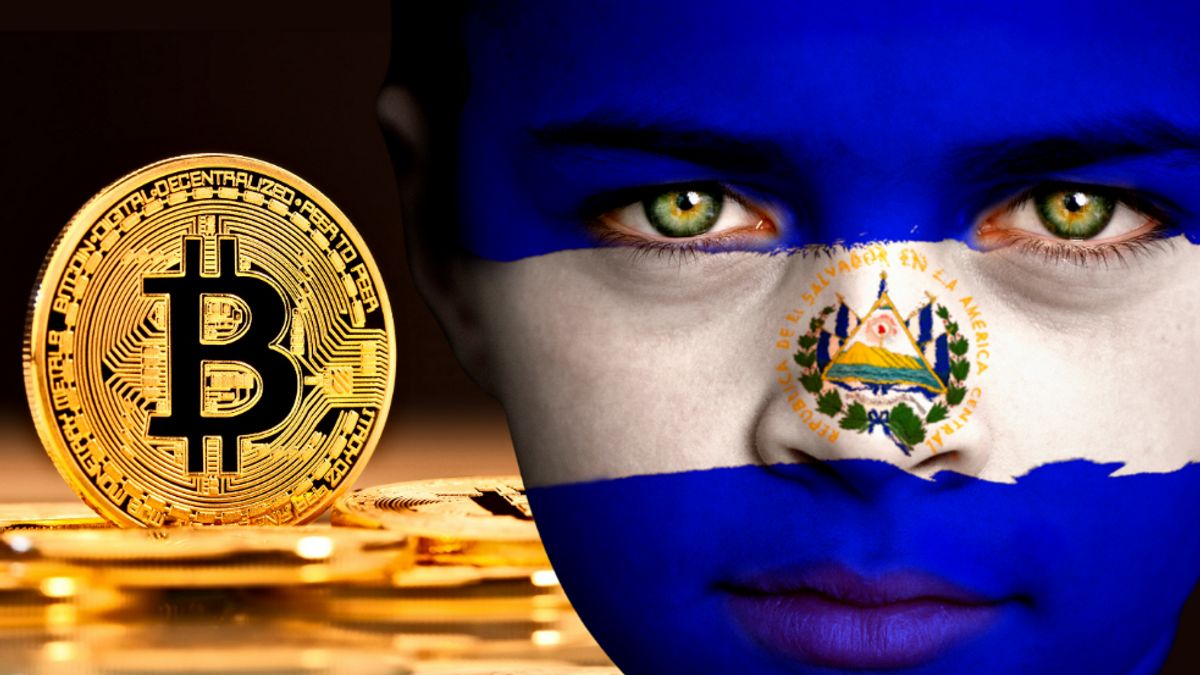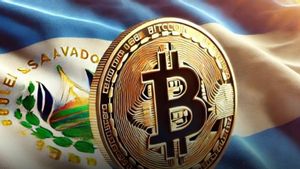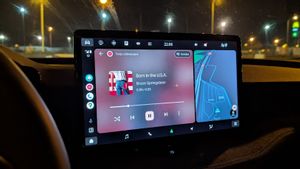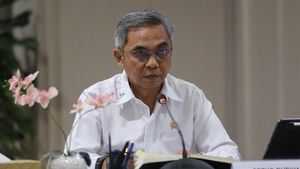JAKARTA – On Tuesday 9 September 2021, El Salvador officially ratified Bitcoin as a legal medium of exchange. The President of El Salvador, Nayib Bukele has taken the bold step of adopting Bitcoin. El Salvador is in the spotlight of the world.
However, not a few are skeptical of the decision. Some residents of El Salvador are concerned about the volatility of cryptocurrencies. Crypto asset prices can soar but can also fall freely.
Of course, the adoption of Bitcoin can make it easier to send money from abroad. Transfers can be faster and more efficient than via bank. Even so, El Salvador's steps cannot be separated from the pros and cons. Here are the pluses and minuses of Bitcoin adoption in El Salvador as reported by Reuters.
RemittanceIn 2020, Salvadorans living and working in other countries reported sending money from abroad (remittances) nearly 6 billion US dollars (approximately IDR 85.5 trillion). Most of the remittances came from citizens living in the United States. This amount is equivalent to 23 percent of El Salvador's gross domestic product (GDP).
Some time ago, President Nayib Bukele promised "huge benefits" from his decision and claimed that the people of El Salvador could save the US$400 million (Rp5.7 trillion) spent annually on remittances.
However, the fact is that there are still many Salvadorans who do not believe in bitcoin. On the other hand, the World Bank claims that the cost of remittances in Central American countries is the lowest in the world.
Environmental Impact of Bitcoin MiningA number of parties highlight Bitcoin mining activities that are considered to have a negative impact on the environment because they are accused of producing carbon emissions. The World Bank is concerned about the environmental impact of bitcoin mining.
Because mining activities require greater electrical power than usual. Most of today's mining uses high computing devices and it consumes huge power. In March, Bank of America revealed that global CO2 emissions from the bitcoin mining industry had increased significantly to 60 million tons, equivalent to the pollution produced by 9 million cars.
Regarding this problem, President Bukele offered a solution by instructing the state power company LaGeo to offer renewable energy to bitcoin mining companies. They plan to use the volcano as energy for bitcoin mining.
High RiskWhen bitcoin was proposed as a medium of exchange for the country, the decision was claimed to endanger the financial system and potentially be used as a means of money laundering as well as terrorist financing.
Institutional Fitch Ratings assessed that “capital gains will not be taxed and taxes can be paid in bitcoins so that they can attract bitcoin flows from abroad to the country. This could increase the risk associated with illegal activities and could bypass El Salvador's financial system."
As a result, the IMF postponed the loan application from El Salvador some time ago by 1 billion US dollars. Ratings firm Moody's said El Salvador's decision to adopt Bitcoin had lowered the country's creditworthiness rating. In addition, the dollar-denominated government bonds were under pressure.
President Bukele has set aside a total of 150 million US dollars (Rp 2.1 trillion) to convert bitcoins to dollars. However, doubts still loom over the country as bitcoin is at high risk due to its sharp price fluctuations.
Fitch considers that bitcoin has a negative impact on El Salvador's insurance companies because it is affected by the risk of foreign exchange volatility and higher earnings.
“Users who hold bitcoin on their balance sheets for long periods of time will be highly exposed to price volatility, increasing asset risk,” Fitch said in August.
However, this decision has benefited bitcoin owners as happened in El Zonte, a city in El Salvador located near the coast. Payments with bitcoin in El Zonte were commonplace, even before the government decided to adopt bitcoin as the country's currency.
The English, Chinese, Japanese, Arabic, and French versions are automatically generated by the AI. So there may still be inaccuracies in translating, please always see Indonesian as our main language. (system supported by DigitalSiber.id)













